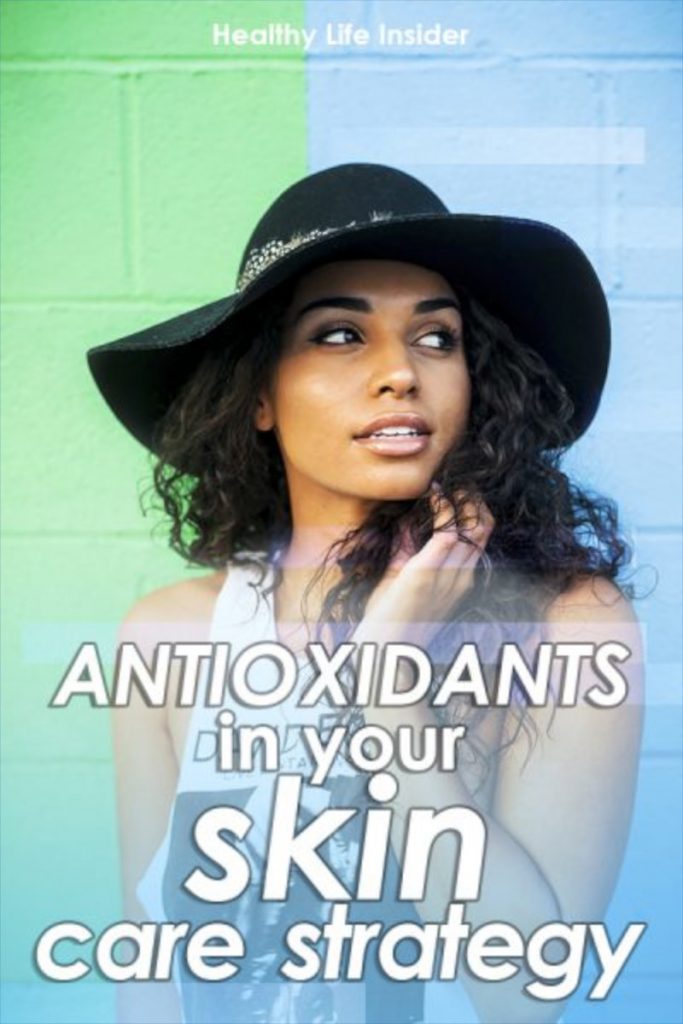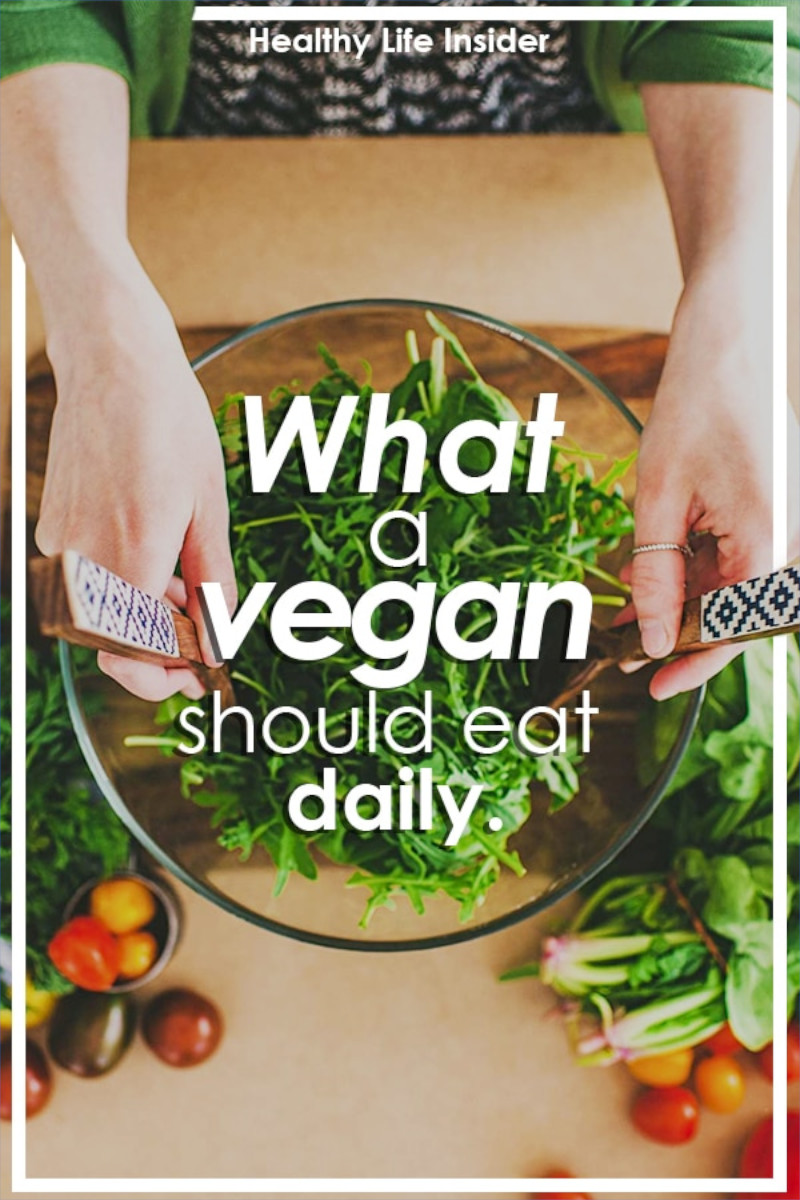The skin is the first thing that people sees in you; it is the largest organ of the body and the primary defense against diseases and infections. Its function is to regulate body temperature and prevent the loss of fluid. It is generated continuously and in 28 days all the skin is renewed, and dead cells discarded. If you notice dry skin, there is a clear message; it requires hydration and treatment that can be achieved through proper skin care habits such as moisturizers in creams and water. The skin is the cover of the body and the reflection of your health; healthy and fresh skin is synonymous with a youthful appearance.
Some young people look older because of severe skin diseases resulting from accelerated lifestyles. The presence of free radicals and climate changes make skin care more critical, not only for aesthetics but also for health.
The Incidence of Free Radicals
The main enemies of the skin are free radicals that cause premature aging. They are produced and controlled naturally; however, their production can occur faster due to other factors such as the use of cigarettes, exposure to sunlight and poor nutrition.
Free radicals occur when atoms that form cells of the body are weakly linked with another atom, resulting in an unpaired electron that is very unstable which steals another electron from another molecule. It continues to act this way until it creates several free particles and finally destroys completely all the molecules that make up the cell, causing its death.
Free radicals have a natural or artificial origin; they can be chemicals that your body produces when it turns food into energy, environmental toxins from tobacco, alcohol and pollution, ultraviolet rays from the sun or tanning beds, or substances found in processed foods.
Now, not everything is terrible. The good news is that free radicals are easy to control and neutralize through antioxidants. These inhibit the action of the free electron and do not allow it to take over more particles, preventing it from damaging the molecules and therefore preventing the death of cells.
For this reason, it is imperative to consume antioxidants, which are present in fruits and vegetables, vitamins C and E and minerals such as selenium and zinc.
Skin Care and Protection
Smooth skin is indicative of good health; it is vital to develop habits that contribute to its care. You can invest a lot of money in skin care products, but they will not help if they are not applied continuously. Besides, there are many natural ways to do a skin care routine and you should start early with it, the earlier, the better, so that the skin stays fresh over time. If on the contrary, you begin to take care of your skin only in adult hood you can improve it by nourishing and protecting it, so that it remains fresh while it ages.
Take into consideration the following points to protect and take care of your skin:
- The primary agents that contribute to skin’sgood health are nutritional products based on antioxidants; they act as a protective shield and do not allow the entry of free radicals into the body. They protect all the layers of the skin.
- Everyday dirt and impurities must be removed from the skin. After that, you should use a toning lotion to repair the skin, increase moisture and improve the porous appearance on the surface. Finally, use a moisturizer to make the skin look healthy and natural.
- Drink plenty of water to provide enough natural moisture from inside the body.
- Avoid exposing the skin to sunlight as much as possible without forgetting to apply sunscreen before leaving home. Ultraviolet radiation produces spots, freckles, wrinkles, accelerated aging and is one of the main causes of skin cancer.
Although you won’t see the results immediately, these small details will make a difference over time.
Antioxidants and Skin Care
Antioxidants are the best friends of your skin; they are active ingredients that interact with the problems caused by environmental exposures, neutralize the excess of free radicals, minimizing their impact and therefore the aging of the skin. When there is an imbalance due to large amounts of free radicals and few antioxidants, “oxidative stress” occurs which is responsible for causing various diseases such as atherosclerosis, coronary ischemia, some types of cancer, gastritis, ulcerative colitis, Alzheimer’s disease, Parkinson’s and even diabetes mellitus and, of course, it accelerates aging.
In everyday life you can find a wide variety of antioxidants, many of which are in fruits and vegetables, and others created in the pharmaceutical industry. Both offer significant benefits to protect all skin types.
Studies confirm that exposure to sunlight is the leading cause of skin aging. Dry, flaccid skin, spots, wrinkles, sensitive skin and redness, among other signs, are warnings. To correct this, you must provide your body with antioxidants.
Antioxidants act by helping and defending the skin from the impacts of each day, neutralizing the environment’s attack and blocking free radicals. Your daily skin care routine should contain antioxidants, be it a tonic, a specific treatment, a moisturizer. All products should be full of antioxidants and you should eat fruits and vegetables rich in antioxidants, too. The results come quickly; the skin will improve visibly and continue to strengthen long-term. Without a doubt, it is a lifelong care.
Antioxidant Foods and their Benefits
There are many types of antioxidants, from the carotenoids found in carrots to the flavonoids present in grapes. Your body produces some of them, but you must supplement with food and vitamins. Some of the most common antioxidants are vitamin A, C and E, beta-carotene, lycopene, lutein, selenium, resveratrol and retinol. Including a natural antioxidant in your diet will help increase the effectiveness of the treatment you use for skin care.
Each antioxidant has a different chemical composition and offers different health benefits. In food, you find a variety of antioxidants suitable to treat the skin by facilitating the production of collagen, essential to maintaining the elasticity and tone of the skin. The most important antioxidants for the skin are:
Beta-carotene (rich in Vitamin A)
Beta-carotene is found in yellow and orange fruits and vegetables, and once in the body, becomes vitamin A, especially good for skin protection. It stimulates production of collagen and is useful in curing sunburn and keeping the mucosa and skin healthy. To provide your body with this antioxidant, eat fruits such as peaches, apricots, papayas, mangoes and melons, and vegetables such as carrots, peas, broccoli, squash and sweet potatoes. Beta-carotene is also in green, leafy vegetables such as beet greens, spinach and kale.
Vitamin C
Vitamin C is in all citrus fruits such as strawberries, oranges, kiwis, pineapple and you also get it from berries, melons and papayas; it is in peppers, tomatoes, broccoli, cauliflower, Brussels sprouts and kale. Vitamin C is essential for the skin and special for dry skin because it produces collagen, reduces aging and repairs tissues.
Vitamin E
Find it in nuts and seeds such as walnuts, almonds, sunflower seeds, hazelnuts and peanuts; vitamin E also comes in green, leafy vegetables such as spinach and kale, and in soy, sunflower, corn and canola oils. It helps to prevent skin aging due to its high production of collagen, helping to diminish fine lines and spots.
Resveratrol
This antioxidant promotes production of collagen, and its function is to protect against ultraviolet ray damage. One of the best sources of resveratrol is grapes, especially the skin; other potentially rich fruits are cranberries, red currants, blueberries and strawberries.
Retinol
It is a super-antioxidant because it is known as a whole molecule of vitamin A, comes from plant sources and is converted into vitamin A in the liver. You find it mainly in liver, bluefish, eggs, cheese and milk. It gives the skin a youthful and radiant effect.








